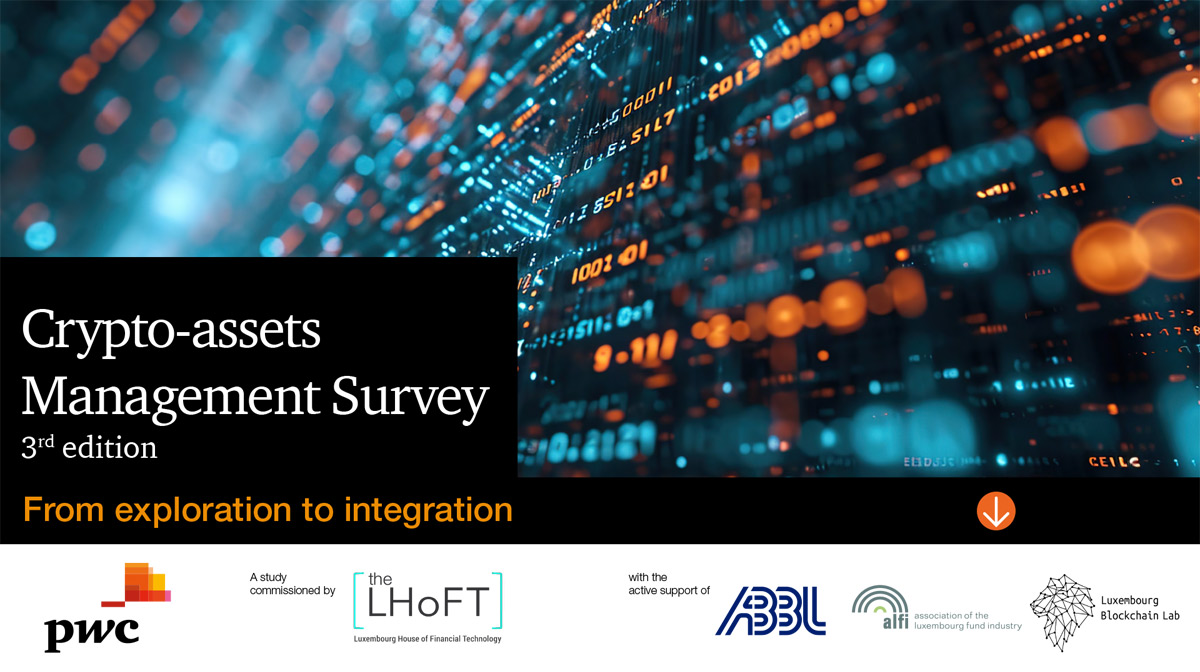2021 Edition: The Post-Digital Era
Closed offices, reduced workforces, working from home. If 2020 was the year of disruption, 2021 is the year of embracing change.
Almost overnight, the COVID-19 pandemic sent waves of uncertainty and turmoil through businesses of all sizes and in all markets. Those that survived, and indeed thrived, were the ones that were able to instantly adapt.
As this annual survey, the first of its kind commissioned by Yooz, will later uncover, the implications of the pandemic will be felt for years. But it’s often said you find out more about yourself and the business you work for when the pressure is on, and there are positives to be had since the pandemic unfolded.
New technologies and digital tools are allowing finance leaders to better handle costs, better handle supplier relationships (importantin tough times), better adaptto ever-changing financial regulations, while embracing a new remote working model. This report uncovers challenges never seen before that finance leaders and accounting departments will face over the next 12 months – as well as the potential solutions business are looking at to overcome these issues.
Surveyed in March 2021, this unique survey aims to compare the differences between 2020 and 2021, the progress of digital transformation journeys, and the key technology investments planned over the next 12 months. More than 1,000 financial and accounting decision makers across eight countries (France, United Kingdom, Ireland, United States, Spain, Switzerland, Luxembourg and Belgium) took part in the study.
The findings explored throughout this report confirm the challenges faced and facing financial leaders as a result of the COVID-19 health crisis: 50% think it will take at least a year, if ever, to recover from the knock-on effects.
Pre-pandemic, companies were already wrestling with the need to adapt to significant change – not least a significant overhaul of financial regulations, while still maintaining employee productivity and retaining momentum in digital transformation plans.
In 2021, these three challenges have not disappeared, but new priorities have emerged: namely the need to streamline and optimise financial processes and strengthen cyber security.
Going digital isn’t enough any more. If we’re to reshape the entire finance function, it’s time to embrace automation.
My first foray into entrepreneurship 10 years ago was related to invoice financing. Quite a departure from my career to that point working in capital markets. I had been personally exposed to two independent situations that had me marveling at the inefficiencies, costs and risks in the way businesses, particularly SMEs, dealt with cashflow and I decided that there was an opportunity to provide solutions in that area for the betterment of business. After selling my first business, I then subsequently worked in payments, again hoping to provide better solutions to business in managing their cashflow.
The findings of this survey reveal that there still remains much room for improvement.
Nasir Zubairi CEO, the LHoFT
Download the Report: Yooz – 2021 – Market Research Summary









